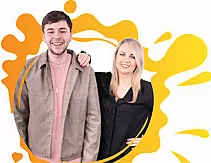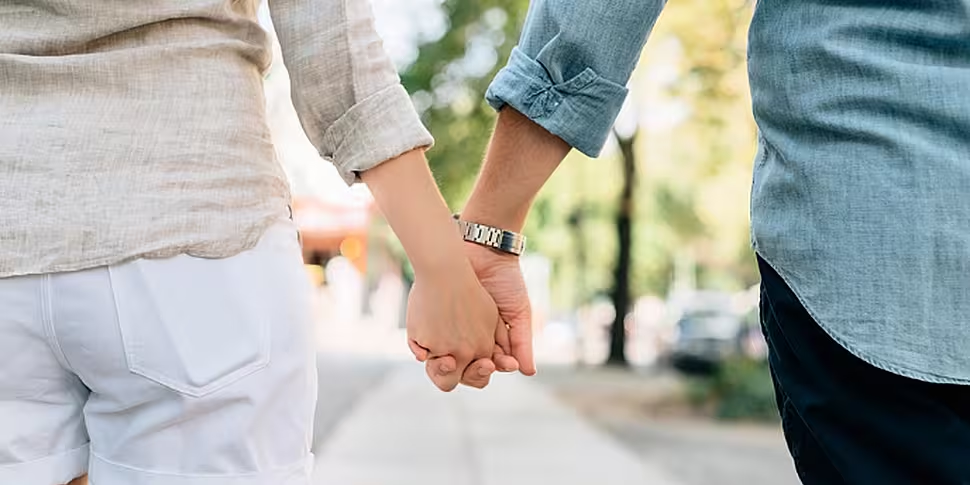
We spoke to an expert on the topic of consent.
In the wake of the powerful 'Me Too' movement, the topic of consent has been thrust into mainstream conversations all over the globe - which is a valuable and important thing.
And recently, Louise Clarke from The Hub caught up with Michelle Caulfield from the Rape Crisis Centre in Galway to discuss the topic and the confusion that can surround it.
As part of the Government of Ireland’s No Excuses Campaign, Louise gave Michelle a few scenarios focusing on consent and here's what she had to say.
How can someone distinguish between playing hard to get and not wanting any sexual contact?
In terms of the topic of consent, it’s so important to understand that body language also comes into play as well as verbal consent.
Michelle explained in simple terms what should be considered.
"I suppose making sure that the other person is reciprocating in all of the non-verbal ways. (You’re looking for) an affirmative, clear yes through verbal and non-verbal cues.”
Importantly, she also noted; “it's retractable, one can change one's mind.”
''But beyond the emotional intelligence, peace really is about knowing that the other person is interested. If somebody has clearly said no or they're not interested or they've made excuses, (you need) to really take that on board - they're not playing hard to get.
''I think we can safely say a lot of men and women are able to show interest and say, 'Yes, I am interested in you’. (They) are both able to do that and if they're not, that's going to appear very obvious in the emotional dynamic. If somebody's not responding, then that needs to be respected."
What kind of consent are you giving if you allow someone to come back to your home, or you go back to theirs?
Another boundary that needs to be very clearly understood is a situation where someone invites a person back to their house, or vice versa. It cannot be assumed that this translates to consent being given for any form of sexual interaction.
Michelle explains how you can go about knowing where you stand on either side of this situation.
"Well, you're consenting to going back to somebody's place for coffee or a drink or a chat. I think that again warrants some discussion and some respectful questions and clear boundaries. So, discussion will help us through all of that.”
She continued:
''What are we consenting to? Well, he or she has consented to going back to somebody's house. Or they have consented to making out on somebody's couch. But that's it."
What is the least awkward way to ask for consent?
Michelle explained how incredibly important it is to ask someone for consent and stressed that it doesn’t need to be an awkward experience.
"I think the nicest and best thing you can do for anybody that you're dating, is have at least three or four conversations before you automatically assume the other person into having sex with you full stop.
''Start with the conversation, be respectful. It's very important that we have clear understandings and that everybody is on the same page before we go ahead.
''What I say to younger teenagers is ‘however awkward you think that moment is, it's much more awkward and you're legally complicating your life when you assume the other person wants to have sex with you.
''You haven't gotten the consent or clear communication, and then you're accused of sexual assault or rape the next day. That's awkward.
''Having a conversation around (consent) the night before is much better and much less awkward."
Enough is Enough.
Learn more at gov.ie/noexcuses or in an emergency you can call 999.
If you've been affected by any of the content in this article you can contact the Galway Rape Crisis Centre at 1800 355 355.













